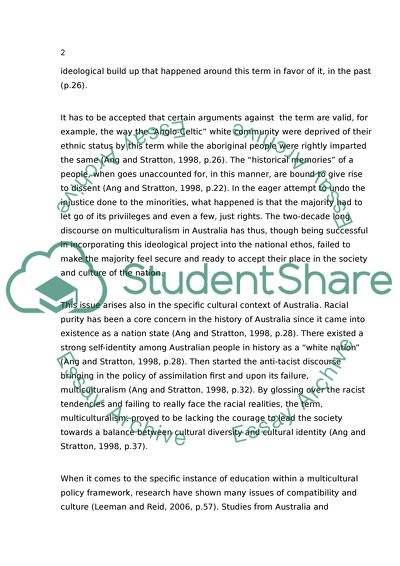Cite this document
(Understanding the Real Social Meaning of Mobility Essay Example | Topics and Well Written Essays - 1750 words, n.d.)
Understanding the Real Social Meaning of Mobility Essay Example | Topics and Well Written Essays - 1750 words. https://studentshare.org/environmental-studies/1474000-understanding-the-real-social-meaning-of-mobility
Understanding the Real Social Meaning of Mobility Essay Example | Topics and Well Written Essays - 1750 words. https://studentshare.org/environmental-studies/1474000-understanding-the-real-social-meaning-of-mobility
(Understanding the Real Social Meaning of Mobility Essay Example | Topics and Well Written Essays - 1750 Words)
Understanding the Real Social Meaning of Mobility Essay Example | Topics and Well Written Essays - 1750 Words. https://studentshare.org/environmental-studies/1474000-understanding-the-real-social-meaning-of-mobility.
Understanding the Real Social Meaning of Mobility Essay Example | Topics and Well Written Essays - 1750 Words. https://studentshare.org/environmental-studies/1474000-understanding-the-real-social-meaning-of-mobility.
“Understanding the Real Social Meaning of Mobility Essay Example | Topics and Well Written Essays - 1750 Words”. https://studentshare.org/environmental-studies/1474000-understanding-the-real-social-meaning-of-mobility.


